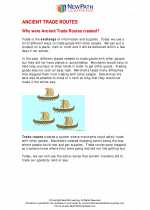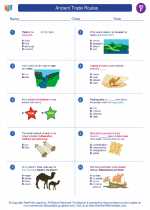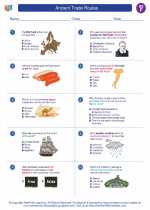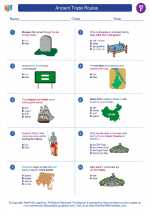What is Eid al-Adha?
Eid al-Adha, also known as the "Festival of Sacrifice", is an important Islamic holiday celebrated by Muslims around the world. It commemorates the willingness of Ibrahim (Abraham) to sacrifice his son as an act of obedience to God.
When is Eid al-Adha celebrated?
Eid al-Adha falls on the 10th day of Dhu al-Hijjah, the twelfth and final month of the Islamic lunar calendar. The exact date of Eid al-Adha varies each year based on the sighting of the moon.
How is Eid al-Adha celebrated?
1. Prayer: On the morning of Eid al-Adha, Muslims gather at mosques or open spaces to perform the Eid prayer, which consists of a sermon followed by a congregational prayer.
2. Sacrifice (Qurbani): One of the central rituals of Eid al-Adha is the sacrifice of an animal, such as a sheep, goat, cow, or camel. The meat from the sacrificed animal is then divided into three parts: one part for the family, one part for relatives and friends, and one part for the less fortunate.
3. Feasting and Giving: After the sacrifice, Muslims enjoy festive meals with family and friends. It is also a time for giving to those in need, through acts of charity and the sharing of food and resources.
4. Community and Family: Eid al-Adha is a time for strengthening bonds with family and friends, as well as reaching out to the broader community through acts of kindness and generosity.
Key Concepts and Themes
1. Submission to God: Eid al-Adha serves as a reminder of the importance of obedience and submission to the will of God, as demonstrated by the actions of Ibrahim.
2. Generosity and Compassion: The emphasis on sharing the sacrifice with others underscores the values of generosity and compassion towards those in need.
3. Community and Unity: The celebration of Eid al-Adha fosters a sense of community and unity among Muslims, as well as promoting solidarity and support for one another.
Study Guide
- What is the significance of Eid al-Adha in Islamic tradition?
- Describe the story of Ibrahim and the significance of his willingness to sacrifice his son.
- Explain the rituals and practices associated with Eid al-Adha, including the sacrifice and distribution of meat.
- How does Eid al-Adha promote values such as generosity, compassion, and community unity?
- Discuss the role of Eid al-Adha in strengthening the bonds within Muslim families and communities.
- Compare and contrast Eid al-Adha with other Islamic holidays, such as Eid al-Fitr.
- Reflect on the universal themes and lessons that can be gleaned from the observance of Eid al-Adha, regardless of one's religious background.
◂Social Studies Worksheets and Study Guides Sixth Grade. Ancient Trade Routes

 Worksheet/Answer key
Worksheet/Answer key
 Worksheet/Answer key
Worksheet/Answer key
 Worksheet/Answer key
Worksheet/Answer key
